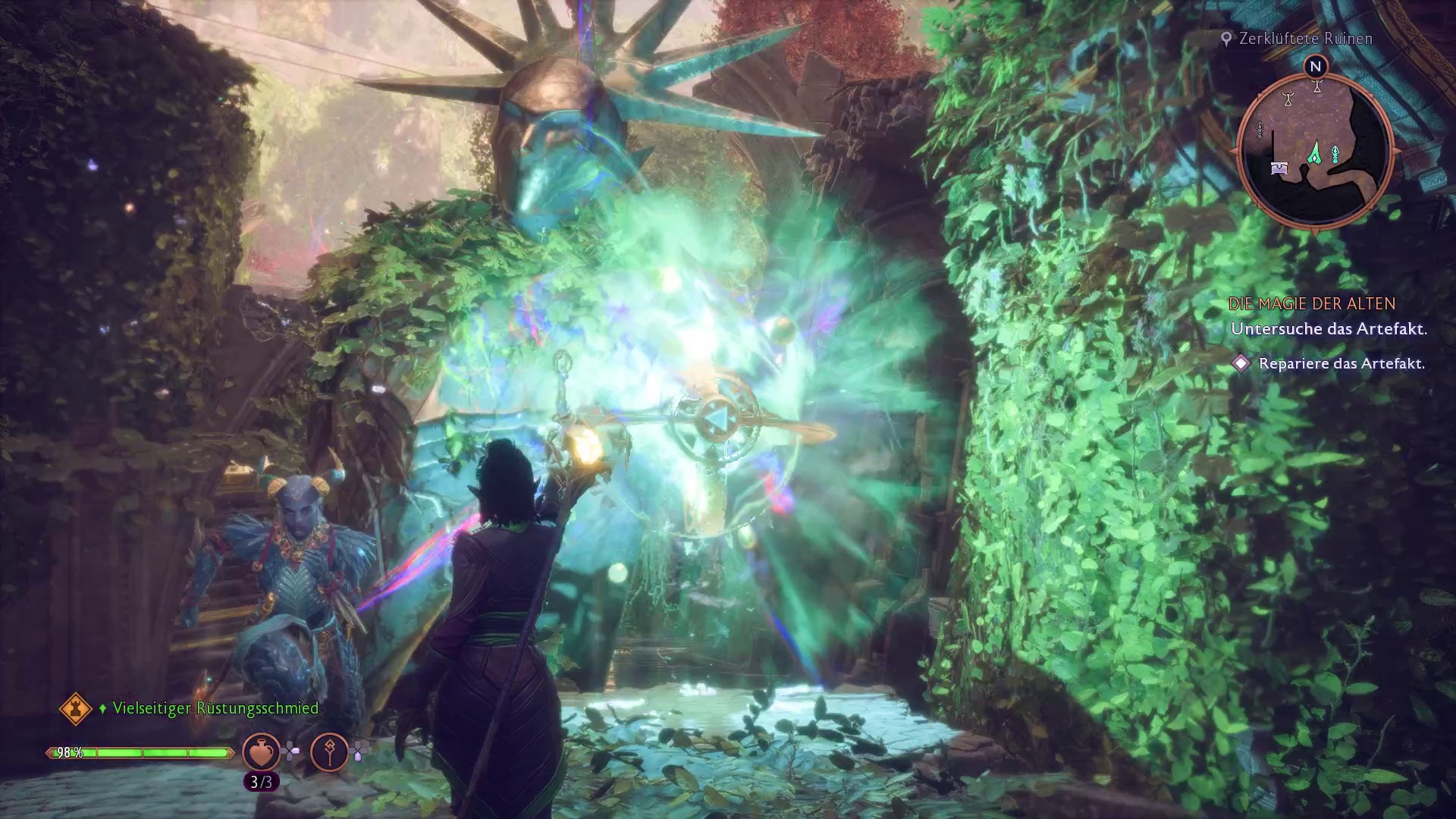Yesterday it was announced that the big new survival IP from Blizzard Entertainment had been canceled and the title would not be released. A new report now provides further background on this step. Engine problems are said to have played an important role.
After taking over Activision Blizzard yesterday, Microsoft “cleaned up” its gaming division and put a whopping 1,900 employees on the street. Many of them also belonged to cult developer Blizzard Entertainment, including prominent heads of the studio who have now taken their hats off. And: Blizzard’s new survival IP, which was widely announced in 2022, was completely canceled as a result; the corresponding fantasy game will no longer be published.
A new report from the renowned magazine Bloomberg now sheds some more light on this matter. According to this, the survival title, which is still nameless, is said to have been called “Odyssey” internally and was discontinued because it was said to have literally been in “development hell”.
Accordingly, the entire project was problematic due to the game engine used, called Synapse. This engine was built internally at Blizzard and was originally designed to be used for mobile game development. The developers themselves actually wanted to use the Unreal Engine for the survival title, but senior shareholders insisted on using Synapse to achieve their own purposes and goals.
In the end, using Synapse for the ambitious survival project simply didn’t work and caused numerous problems. Ultimately, according to the report, Synapse was “not ready for production” – and that ultimately led to the cancellation of Project Odyssey as a whole.
The employees who worked on this survival game, which was presented in 2022, were also laid off from Blizzard Entertainment or were partially transferred to other projects. That’s really unfortunate, because according to the usually well-informed Jason Schreier from Bloomberg
Finally, it is said that the survival title should actually have been released in 2026 – a launch window that, according to Schreier, was “overly optimistic”.
Good news for PC players of Diablo IV: from March the action role-playing game will finally be enhanced with ray tracing.









